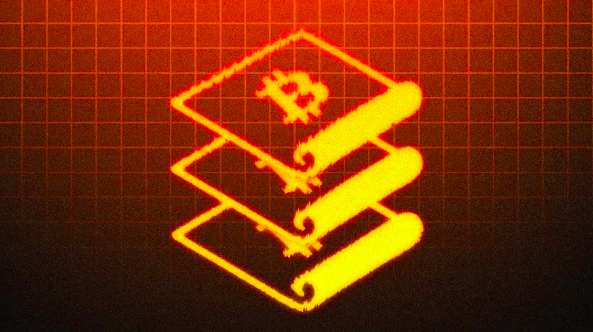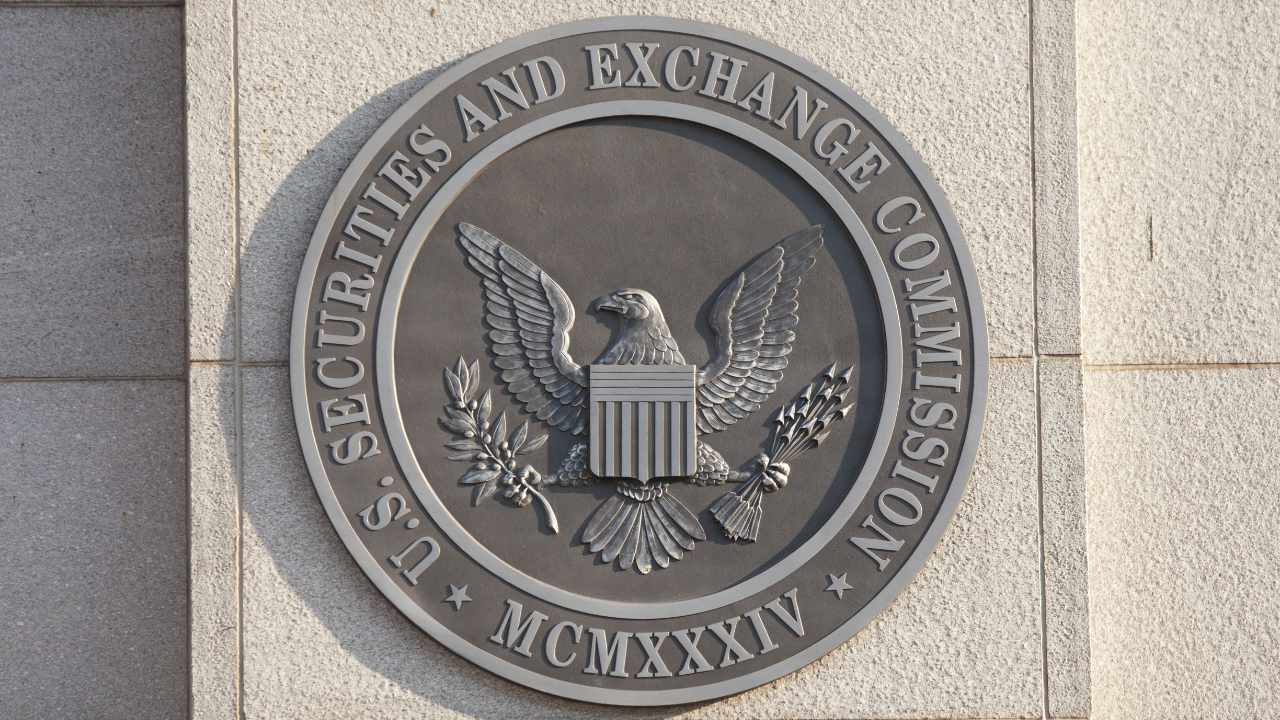Recent NFT Crypto Asset Cases

In 2020-2021, non-fungible tokens (NFTs) became popular with digital collections such as Bored Ape Yacht Club, NBA Top Shop’s “Moments”, CryptoPunks, Crypto.com’s Loaded Lions and many more. An NFT is a unique crypto-asset built on the blockchain and can be linked to a piece of art, music, digital collectibles such as baseball or Pokemon cards, stocks, goods or skins in a video game. Like cryptocurrency (e.g. Bitcoin, Ethereum), NFTs use blockchain technology to record ownership and validate authenticity. Unlike cryptocurrency, each token is unique (ie non-fungible) and can act similarly to a proof of authenticity. Today there are many NFTs active on blockchains such as Ethereum, Solana, Crypto.com and Cardano. Many, NFTs are bought and sold on marketplaces like OpenSea, Rarible, Niftygateway, Crypto.com using cryptocurrency and fiat money (ie USD, CAD, EUR, etc.).
NFTs are more like digital property, separate from intellectual property laws like copyright. Like all other digital assets, it can be bought, sold, delivered, used as collateral, gifted or pledged. When analyzing NFTs, one must be aware of the distinction between ownership of:
-
The NFT itself (the token);
-
The material object to which the NFT refers (the content or digital copy); and
-
The underlying intellectual property rights.
In a standard NFT art sale, the seller of the work does not transfer the underlying copyright to the buyer along with the tokenized digital asset. But the seller can also give the buyer the copyright itself, physical media containing the copyrighted work, or both. “Minters”, those who create the NFTs, must ensure that they own all the underlying IP rights before they “mint” or sell the NFTs.
NFTs have brought new and interesting legal issues involving intellectual property rights issues using blockchain technology. Enforcement of intellectual property rights and ownership is tested against an immutable ledger technology. For example in Miramax, LLC v. Tarantino2021 WL 5359414 (CD Cal. 2021), Miramax sued director Quentin Tarantino for allegedly auctioning off digital images of Pulp Fiction screenplays as NFTs. The NFTs were auctioned on the NFT exchange, OpenSea. Miramax claims that it owns the entire copyright to Pulp Fiction. In response, Miramax sued Tarantino for breach of contract, copyright infringement, trademark infringement and unfair competition. Tarantino claims that he only granted Miramix the rights to make the film and that he still owns all derivative rights to develop, market and sell NFTs as he reserved all print publishing rights and “script publishing”, including in electronic form. The matter is currently under consideration.
The Digital Millennium Copyright Act (“DMCA”) allows for DMCA takedown procedures commonly used to protect copyrights on social media and websites such as YouTube, where a copyright owner may request that an online copyright infringement be removed from the host website. NFTs pose new enforcement issues and test the practicalities of DMCA takedown procedures due to the immutability of blockchain technologies. For example, in 2017 Larva Labs created an NFT pool called “CryptoPunks” and sold 10,000 NFT pool on OpenSea. The original collection was eventually found to contain a flaw in the smart contract that allowed buyers to withdraw payments while keeping the original digital file. The original license that the V1 collection gave the buyers was unclear. Larva Labs then created a second version of the collection (V2), which included identical images to the V1 collection and fixed the bug found in the smart contract. However, some owners of the V1 collection managed to fix the error on their own and started re-listing the V1 NFTs they bought on OpenSea. This prompted Larva Labs in early 2022 to issue a takedown notice to OpenSea requesting the removal of the original first version (V1) collection in order to preserve the value of the V2 collection. OpenSea removed the V1 collection, but the V1 owners filed a DMCA counter-notice. Yuga Labs, creators of the Bored Ape Yacht Club NFT Collection, purchased the rights to the V1 Collection. Yuga Labs decided not to proceed with any enforcement action and instead announced plans to fully transfer IP ownership to NFT’s owners. Without Yuga Labs’ actions, the DMCA takedown procedure would have seen its toughest task of the digital millennium.
On February 3, 2022, Nike filed a trademark infringement lawsuit against StockX, a secondary sneaker marketplace. Nike, Inc. v. StockX, 2022 WL 340664 (SDNY Feb. 3, 2022). StockX sold NFTs that were used to authenticate versions of Nike sneakers sold on their website. A buyer of a StockX NFT can also redeem the NFT for a physical version of the Nike shoe. StockX allegedly minted and sold NFTs incorporating the Nike brand, which Nike claims confused consumers and resulted in StockX profiting from Nike’s goodwill. StockX claims that the NFTs do not represent physical products or goods, but are used as an identification key for buyers to acquire and identify their physical goods. The case is currently awaiting discovery.
These cases show that the IP rights involved in an NFT transaction are usually held in the underlying asset. Companies selling or creating NFTs may need to clear IP rights and obtain licenses in IP to create, market or sell NFTs. Therefore, it is important to understand what NFTs cover in order to determine whether any IP concerns have been raised before minting NFTs.





















